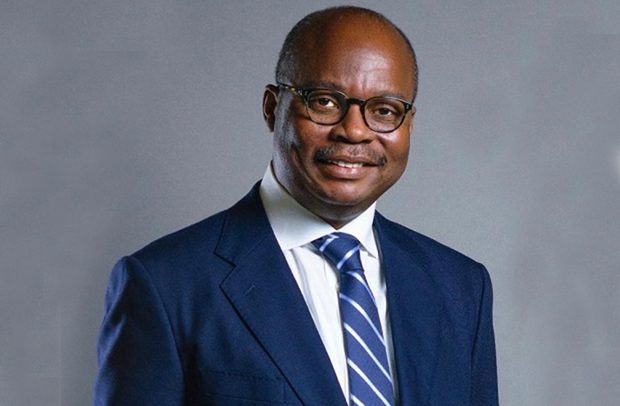Dr. Ernest Addison – Governor of BoG
The Bank of Ghana (BoG) has responded to allegations of insolvency made by the National Democratic Congress (NDC), assuring the public that it remains financially stable and is adhering to high standards of management and transparency.
In a statement issued on Wednesday, the BoG emphasized that as a non-commercial bank, its financial outcomes have minimal impact on its operations.
The statement comes in response to an ultimatum from the NDC, calling for the resignation of the Governor Dr. Ernest Yedu Addison and his two deputies within the next 21 days.
The opposition party cited the GH¢60.8 billion loss recorded in the BoG’s 2022 Annual Report and Financial Statement as the reason for its demand.
In its statement, the BoG clarified that it acted as a “loss absorber” for the country during a period of economic challenges.
It mentioned a mismatch between revenue inflows and expenditures in 2020, which required exceptional support from the International Monetary Fund (IMF) and the World Bank. Additionally, the BoG issued the GHS10 billion Covid-19 bond to address the fiscal concerns.
The Central Bank further explained that the global financial environment, including price and exchange rate movements, contributed to a loss of GH¢5.2 billion. The impairments of Cocobod loans amounted to an additional GH¢4.7 billion. Thus, the BoG reported a loss of GH¢60 billion in 2022.
It is important to note that central banks are not commercial banks and experience financial outcomes differently.
The BoG stressed that its financial situation has limited implications for its operational functions, referring to evidence from other central banks worldwide.
While the NDC argues that the Governor’s tenure has been detrimental to Ghana’s financial well-being, the BoG asserts that changing leadership would set a bad precedent. The NDC plans to stage a march to the BoG’s headquarters if its demands are not met.
The Bank of Ghana’s statement aims to provide clarity on its financial situation and establish confidence among stakeholders and the general public regarding its commitment to responsible management and governance practices.
By Vincent Kubi


